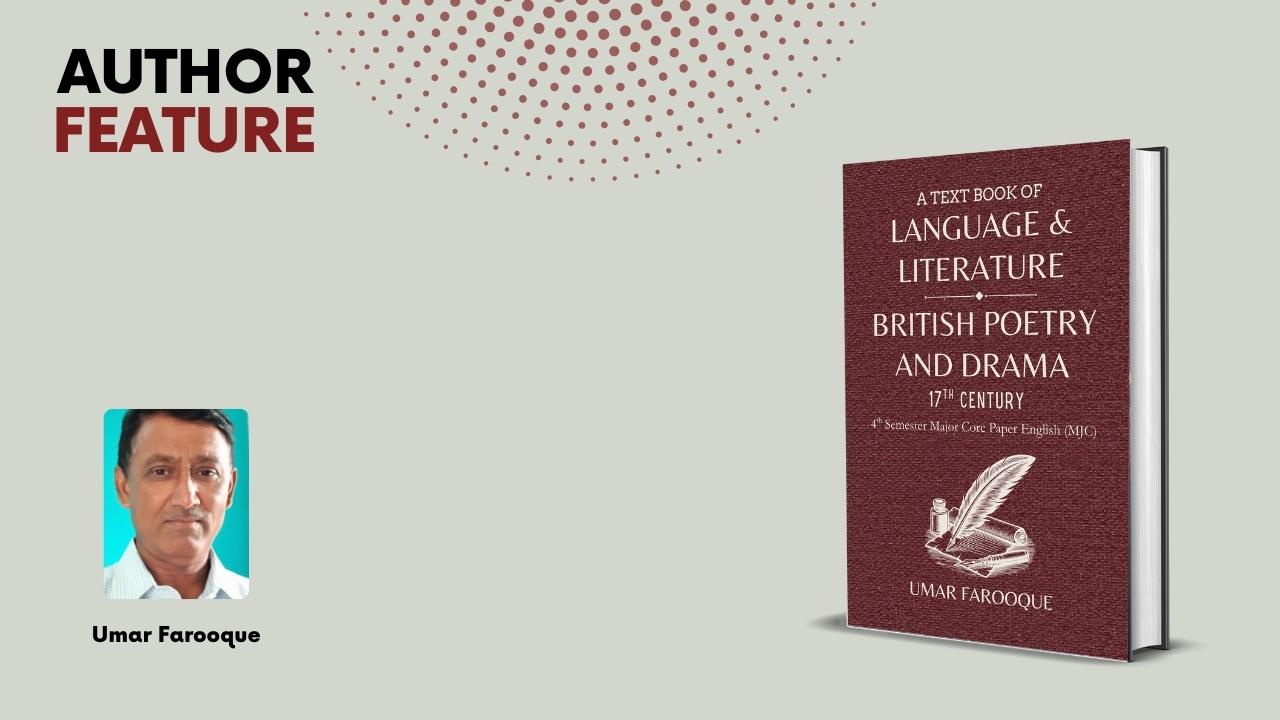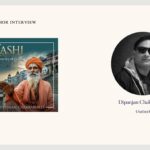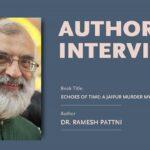
Title: A Text Book of Language and Linguistics & British Poetry & Drama-17th Century
Author: Umar Farooque
ISBN: 978-93-6355-796-3
Publisher: Evincepub Publishing
About the author:
Umar Farooque is a distinguished scholar and educator with over 30 years of teaching experience in English literature. He has authored more than 15 books and published over 20 research papers, contributing significantly to British, American, Post-Colonial, and linguistic studies. Renowned for his clarity, scholarly depth, and engaging writing style, his works are widely appreciated for aligning with academic curricula. In Language and Literature (Paper MJC-VI) and British Poetry and Drama: 17th Century (Paper MJC-VII), both designed for Semester IV English majors, he provides comprehensive, well-structured, and student-friendly analyses that make complex literary and linguistic concepts accessible and enriching for undergraduate learners.
Q. 1 What inspired you to write Language and Linguistics?
I was inspired to write Language and Linguistics to explore the intricate relationship between human communication and the structures that shape it. My goal was to present linguistic concepts in a way that bridges academic depth with everyday understanding, showing how language reflects culture, identity, and thought. The work grew from a passion for uncovering the hidden systems behind the words we use daily.
Q. 2 What challenges did you face in compiling such a comprehensive text?
One major challenge was balancing depth with accessibility—ensuring the text remained academically rigorous while still engaging for readers from diverse backgrounds. Another difficulty was integrating examples from multiple languages and cultures without oversimplifying or losing linguistic accuracy. Additionally, keeping pace with evolving research in linguistics required constant review and updates to maintain relevance.
Q. 3 How did your teaching experience influence the tone and examples used?
My teaching experience greatly shaped the tone, encouraging me to write in a clear, conversational style that anticipates common questions and misconceptions students have. Many of the examples came directly from classroom discussions, where real-world contexts helped make abstract concepts more relatable. This practical approach ensured the book felt like a guided conversation rather than a purely theoretical manual.
Q. 4 How does this book help both language learners and aspiring linguists?
This book helps language learners by breaking down complex linguistic concepts into clear explanations that deepen their understanding of how languages function, making learning more intuitive. For aspiring linguists, it provides a solid theoretical foundation paired with diverse real-world examples, equipping them with analytical tools for further study and research. In essence, it bridges practical language use with academic inquiry, serving both groups effectively.
Q. 5 How do you balance linguistic theory with practical, real-life examples?
I balance linguistic theory with practical examples by introducing each concept through relatable, everyday language situations before connecting it to the underlying theory. Real-life dialogues, cultural references, and cross-language comparisons make the abstract ideas tangible, while the theory ensures readers grasp the broader linguistic framework. This way, readers see not only what happens in language, but why it happens.
Q. 6 Which section or chapter do you believe is most crucial for students new to linguistics?
For students new to linguistics, the most crucial chapter is the introduction to the fundamentals of language structure—covering phonetics, phonology, morphology, syntax, and semantics. It lays the groundwork for understanding all later topics, giving readers the essential toolkit to analyze any language. Without this foundation, the more advanced discussions in the book would be far harder to grasp.
Q. 7 Why is the study of linguistics important in today’s globalized world?
The study of linguistics is vital in today’s globalized world because it fosters cross-cultural understanding, effective communication, and appreciation for linguistic diversity. It equips people to navigate multilingual environments, preserve endangered languages, and address issues like language bias or miscommunication in global contexts. Ultimately, it strengthens connections between communities in an increasingly interconnected world.
Q. 8 Do you plan to write more books or explore specialized linguistic areas?
Yes, I intend to write more books, particularly delving into specialized areas such as sociolinguistics, language acquisition, and endangered language preservation. I’m also keen to explore how technology and digital communication are reshaping the way we use and understand language.
Q. 9 What advice would you give to students interested in a career in linguistics?
I would advise students to build a strong foundation in both the theoretical and practical aspects of language, while also exploring diverse languages and cultures. Stay curious, engage with real-world language data, and develop skills in related fields like anthropology, psychology, or computer science to broaden career opportunities. Most importantly, nurture a passion for understanding how language shapes human experience.
Q. 10 What do you hope readers take away after reading Language and Linguistics?
I hope readers come away with a deeper appreciation for the complexity and beauty of language, seeing it not just as a tool for communication but as a window into culture, identity, and human cognition. I want them to feel empowered to analyze language critically and to recognize its vital role in shaping our world.

